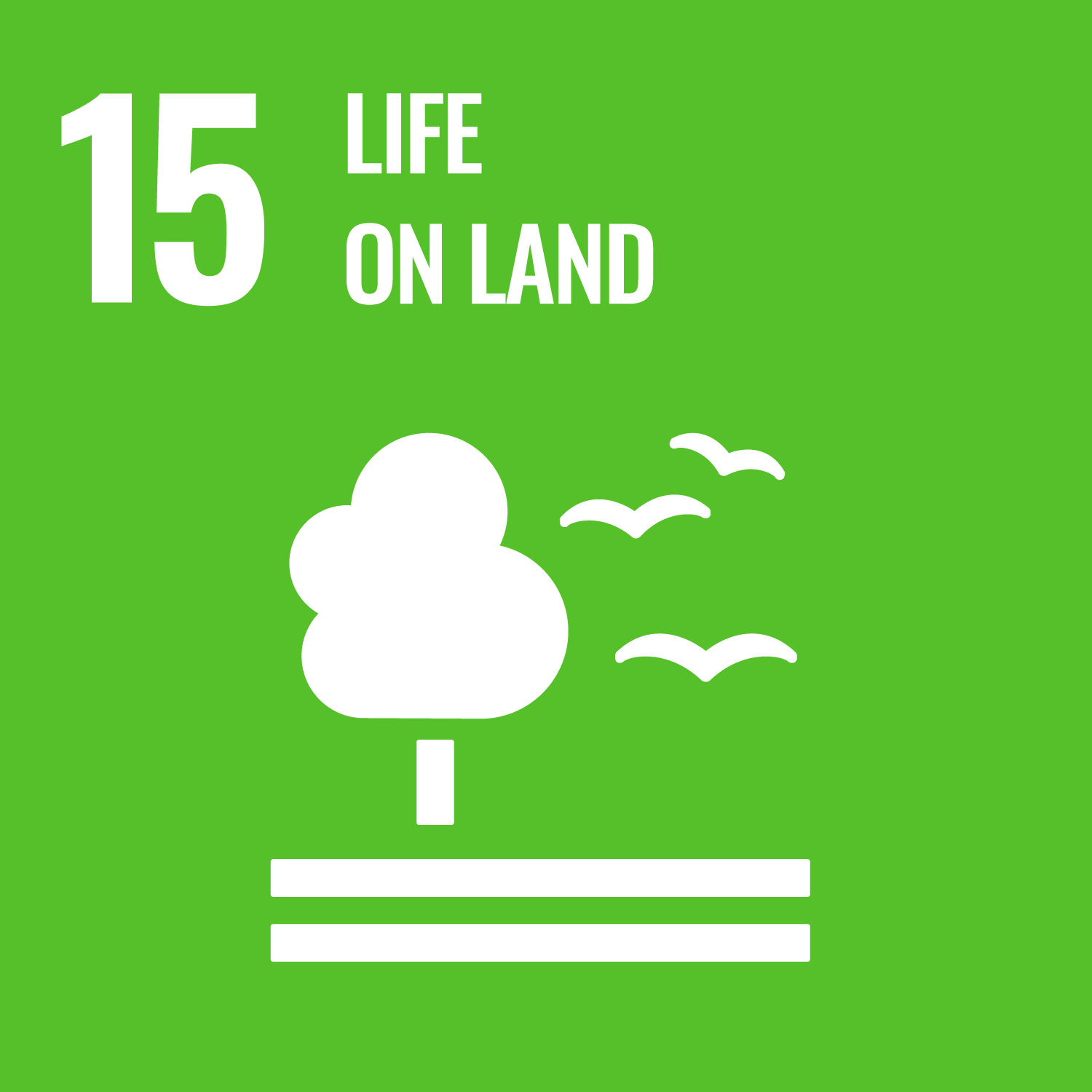Sustainable management of land for agriculture (educational outreach). Offer educational programme/outreach for local or national communities on sustainable management of land for agriculture.
UniSC offers a range of educational programmes on sustainable land management involving agriculture, which is vital for promoting environmentally friendly farming practices. These programs can provide farmers and community members with knowledge about soil conservation, crop rotation, water management, and the use of organic fertilizers. By incorporating hands-on training and expert guidance, these initiatives help participants understand how to maintain soil health, increase crop yields sustainably, and reduce environmental impact.
UniSC is involved in community outreach efforts not only enhance agricultural productivity but also ensure the long-term viability of farming communities and the preservation of natural resources both within Australia and abroad. One aspect is highlighted by our citizen science projects:
- Mapping coastlines (land) using smartphones: has installed a CoastSnap citizen science monitoring station in Noosa National Park overlooking Sunshine Beach. The station houses a smartphone cradle where residents and visitors can place their phones to snap a photo of the coastline and upload it to a database using the CoastSnap app or a QR code.
UniSC’s Australian Centre for Pacific Islands Research is currently conducting a range of research projects that include outreach with communities regarding agriculture:
- Gender inclusive approach to reducing horticultural food loss in the Pacific: This project aims to investigate and remediate food loss in Pacific Island value chains. Using a gender-sensitive, participatory approach the project team will seek to understand where food loss occurs, identify the drivers of food loss, then design affordable interventions to reduce the social and economic cost of food loss. Addressing food loss in the region could improve monetary returns for farmers, food availability and affordability for consumers, and widen fruit and vegetable choices for overall improvement of Pacific diets and nutrition.
- Pacific Agribusiness: Within the broader goal of economic and enterprise development, this project aims to improve Pacific livelihoods, through helping smallholder farmers transition to more sustainable, market-oriented and diversified systems that focus on value-adding and agribusiness opportunities, inclusive of recognition of the role of women in agriculture.
- Enhanced fruit systems for Tonga & Samoa: aims to increase domestic citrus production in Tonga and Samoa to create viable and sustainable fruit production systems in support of human nutrition, community capacity building and gender empowerment outcomes.
- Capacity building: UniSC’s work in developing sustainable livelihoods involves collaborating with Pacific partners in capacity building initiatives to empower the region’s producers, researchers and policy makers to help themselves and achieve stronger economic independence.
UniSC is the world’s only university operating within three interconnecting UNESCO Biosphere Reserves. At UniSC we live and breathe sustainability and offer a range of educational programmes:
- Bachelor of Environmental Management - Learn to minimise human impacts on the environment, manage resources sustainably, and conserve and restore habitats, biodiversity and ecosystem services. Choose a minor to specialise in such as coastal and marine environments, urban design and town planning, global environmental security and policy, geospatial analysis, and sustainability.
- Bachelor of Environmental Science - Help businesses and governments understand and make informed decisions about preserving natural ecosystems and resources, balancing the needs of humans and nature. Learn about plant ecology, chemistry, hydrology, soil rehabilitation, climate change, coastal studies, geospatial sciences and conservation and restoration. Study the interaction between natural and human-managed environments and develop skills in environmental monitoring and advanced research methods.
- Agricultural and Forest Ecology course: One of the planet's most pressing problems is to ensure food security for around 9 billion people - 2 billion more than the world's current population - while dealing with climate change. There is increasing pressure on our natural resources for food and fuel, when there is an urgent need to manage resources sustainably. In this course, you will investigate the ecology of agricultural and forest systems. You explore different types of agricultural and forest ecosystems, their use for food and fuel and ways to increase their sustainability and minimise the effects on surrounding ecosystems.
Summary
Educational programs on sustainable land management for agriculture teach environmentally friendly farming practices to enhance productivity and preserve natural resources, which is a priority at UniSC.
More information
- Agricultural food systems - Australian Centre for Pacific Islands Research
- 'Citizen scientists' to map coastline changes using smartphones
- Bachelor of Environmental Management
- Bachelor of Environmental Science
- Global Sustainable Development

